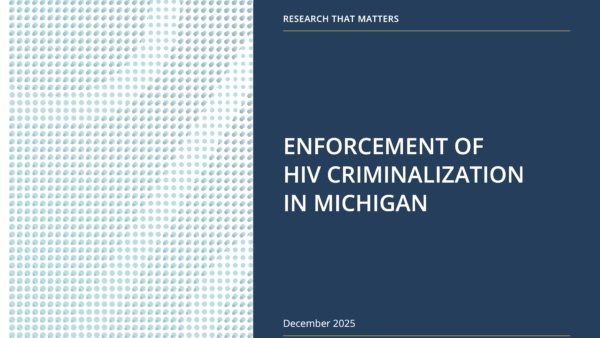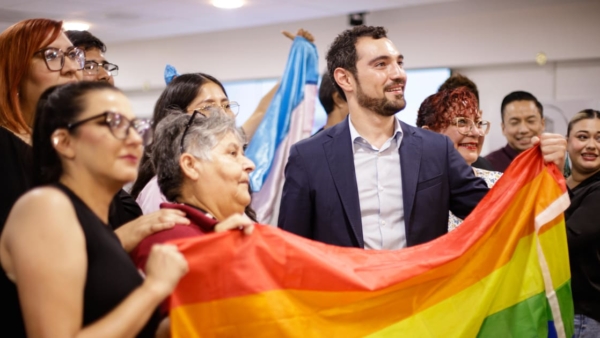JW – The guy who became mayor, Sam Teresi — he was then the development director — was straightforward about what deindustrialization had done to the country. This was the mid-’90s, but while people tend to see deindustrialization as an effect of NAFTA, in that part of New York state and in New York City, it had all started much sooner, in the late ’60s. Then, by the late 1970s, everything starts shutting down. So, in Buffalo, where I grew up, where my uncle worked in the steel mill, my father worked in a factory as a tool and die maker — for the company that invented the windshield wiper — all of us were affected. Catastrophe hit these towns and these cities. Teresi was saying, even with the best plans that we have here in Jamestown trying to make something happen, no one’s going to make an oasis in the desert of deindustrialized America.
I think that’s pretty heavy, and I think people ought to have paid attention to that part of it, because why were these guys involved as [drug drealers]? There were no other avenues, certainly, for good wages. And the young women, if they weren’t in the business, they were working in screw factory making $6 an hour, and that’s the reality. And so sex in that context, and sex with Nushawn Williams in that context, was not the worst deal. He presented the best deal. And that should raise questions for all of us.It should also, as in every story, force us to recognize the humanity of every actor. That’s what I’ve tried to do. My whole career is to look at, even people who’ve done the worst thing, and try to see them not as monsters, not as demons, but products of a culture, of a society. They were once some little bitty baby in some mother’s arms, and something brought them to some point where, say, they kill
Matthew Shepard out at the fence, or they do something heinous to prisoners at
Abu Ghraib. Figures in the book exist within historical time and within social, cultural, and economic time. Their choices are confined the way all our choices are confined. There was no way for a Nushawn Williams to get a fair shake in this situation, He’d been declared a monster. He’d been declared public enemy. He’d been declared a criminal and had to be put away, and the state didn’t have particular laws criminalizing HIV, but it found other means. He was convicted of having sex with two underage women (statutory rape) and served twelve years in prison. Hard time.When he got out, the state decided that it was going to bring a case for civil commitment against him and declared him a “sexually dangerous” person. Then there was the kangaroo-type trial to prove that, which occurs all over this country. He was found indeed to be a sexually dangerous person, not for what he did, but for what he
might do, and he joined some six thousand other people who are confined to mental institutions, detained indefinitely, without hope of getting out, supposedly for “treatment.”I think we need to look at the social mechanisms that organize consent for punishment.What’s always disturbing to me is that this ecstatic, panicky, moralizing approach is also embraced by the Left, by people who might shun, for instance, the
Times reporting on terrorism.










